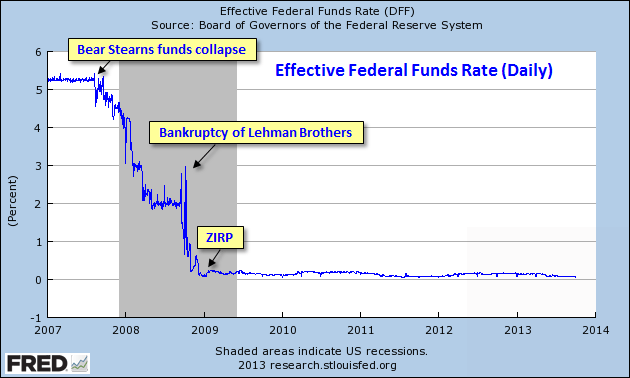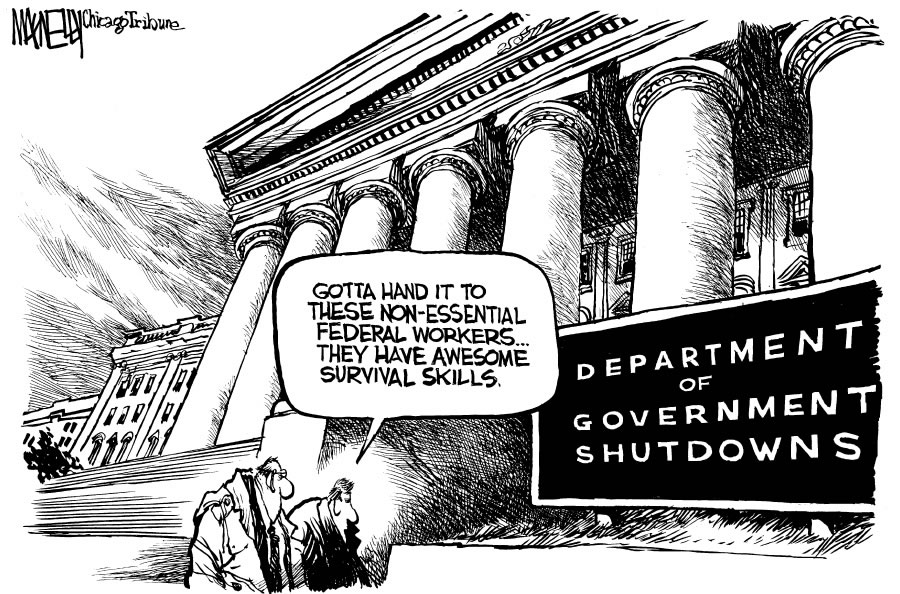Timing & trends
My monthly market valuation updates have long had the same conclusion: US stock indexes are significantly overvalued, which suggests cautious expectations on investment returns. In a “normal” market environment — one with normal business cycles, Federal Reserve policy, interest rates and inflation — current valuation levels would be a serious concern.
But these are different times. The economic cycle shaped by the Financial Crisis that began emerging in 2007 shortly after the Bear Stearns hedge funds collapsed. The Fed began its historic crusade in cutting the overnight rate from an average of 5.25% prior to the hedge fund collapse to ZIRP (Zero Interest Rate Policy) as of December 16, 2008. The bankruptcy of Lehman Brothers on September 15, 2008 was the most dramatic precipitator of the Fed’s unprecedented policies.
Note from dshort: I’ve update the charts in this commentary to include the latest monthly data.

….3 more charts & commentary HERE

 From Morgan Housel, here are several cognitive biases that cause you to do dumb things with your money. Be sure to check out the entire article.
From Morgan Housel, here are several cognitive biases that cause you to do dumb things with your money. Be sure to check out the entire article.
15 Biases That Make You Do Dumb Things With Your Money
1. Normalcy bias
2. Dunning-Kruger effect
3. Attentional bias
4. Bandwagon effect
5. Impact bias
6. Frequency illusion
7. Clustering illusion
8. Status quo bias
9. Belief bias
10. Curse of knowledge
11. Gambler’s fallacy
12. Extreme discounting
13. Ludic fallacy
14. Restraint bias
15. Bias bias
I like Nobel Prize winning cognitive psychologist Daniel Kahneman’s take on this: He once said, “I never felt I was studying the stupidity of mankind in the third person. I always felt I was studying my own mistakes.”
Source:
15 Biases That Make You Do Dumb Things With Your Money
Morgan Housel

Who Cares?
Apparently the unresolved back and forth between House and Senate concerning the ‘Obamacare’ bill in the run-up to the debt ceiling cut-off date on October 17 will lead to what is breathlessly referred to as a ‘government shutdown’ in the media. Wish that it were so, as an actual shutdown would have the salutary effect of demonstrating that very few are going to particularly miss the government.
In fact, one wonders why the recent stock market decline is blamed on this looming shutdown (which essentially consists of the cessation of ‘non-essential services’. If they are ‘non-essential’, why do they even exist?). Stock market participants should be glad that government meddling in the economy might be temporarily interrupted.

…..read more HERE





 The year 2013 in the gold investment market will be remembered as the year of China, so we’ve produced a stunning infographic detailing China’s great golden rise to power.
The year 2013 in the gold investment market will be remembered as the year of China, so we’ve produced a stunning infographic detailing China’s great golden rise to power.









